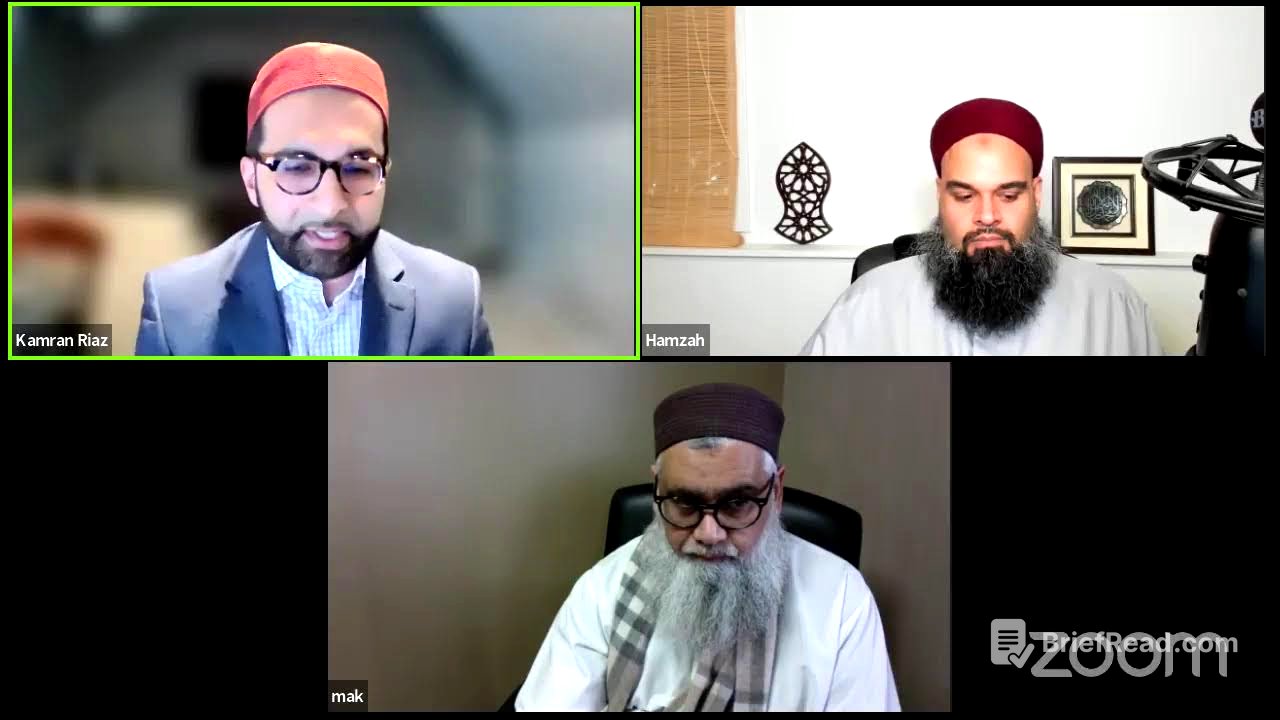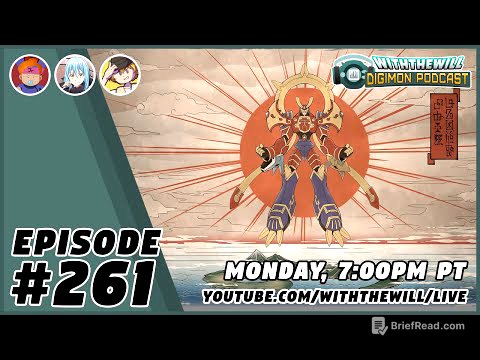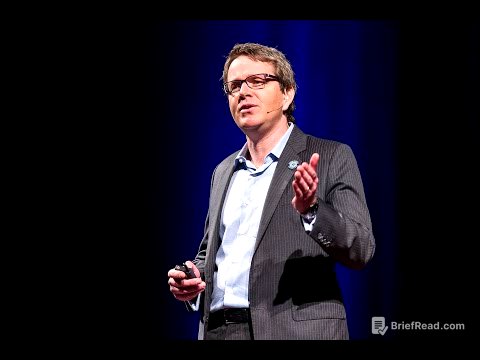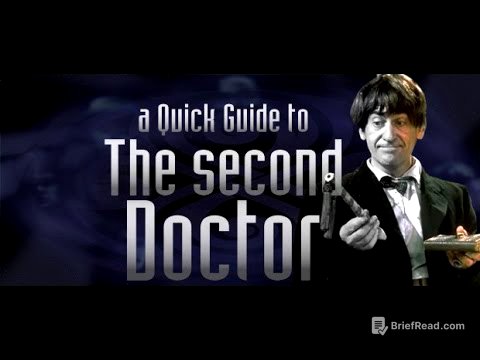TLDR;
This video features a discussion and overview of the book "Concerning Divine Wisdom in the Creation of Man" by Imam Ghazali. Shaykh Hamzah, Shaykh Amin, and Dr. Riaz discuss the book's significance, translation process, and its relevance to Islamic theology and modern science. The book explores the wisdom behind human anatomy and its connection to understanding the Creator.
- The book emphasizes the importance of observing order and beauty in creation to recognize the Creator.
- It highlights the integration of mundane and spiritual knowledge in Islamic epistemology.
- The discussion addresses the need for a holistic approach to medicine, considering both physical and spiritual aspects.
Introduction from Shaykh Hamzah [0:00]
Shaykh Hamzah introduces the book "Concerning Divine Wisdom in the Creation of Man" by Imam Ghazali, highlighting its significance for Muslims in North America and worldwide. He emphasizes that while empirical knowledge of the human body is vast today, Ghazali's observations bring ethics and a sense of order to understanding creation. Ghazali's work provides a platform to see the beauty and deliberateness in creation, reminding one of the Creator. The book is expertly translated by Dr. Kamran Riaz, with invaluable insights from Sheikh Amin.
Shaykh Amin gives an overview of the text [6:11]
Shaykh Amin provides an overview of Imam Ghazali's approach to understanding creation, rooted in the Sufi principle of the connection between the Creator and creation. Ghazali focuses on man as the best creation, emphasizing that nothing in the heavens and Earth is random. He encourages a journey to unravel the mysteries of human creation, moving from the physical body to the total human being, including ethics, morals, and behavior. The ultimate goal is to connect the human being to Allah, recognizing the higher purpose of creation beyond mere anatomy.
Shaykh Hamzah introduces Dr. Riaz [24:10]
Shaykh Hamzah introduces Dr. Kamran Riaz, praising his translation and the extensive footnotes that provide valuable information for students of knowledge. He appreciates Dr. Riaz's willingness to acknowledge when Ghazali's observations differ from modern scientific understanding. Dr. Riaz's background includes memorizing the Quran, studying economics and Middle Eastern history, and completing ophthalmology training.
Dr. Riaz discusses the process of translation [27:53]
Dr. Riaz discusses the translation process of the book, noting it was a collaborative effort over ten years with assistance from many at Darul Qasim. He explains that medical students often study anatomy with the goal of passing classes, losing sight of deepening their relationship with Allah. This book offers an "Islamic study of anatomy," inspired by a Quranic verse, providing a head-to-toe anatomical survey that comments on the wisdom and benefits of each body part's placement. Dr. Riaz emphasizes that the book sets a model for Muslim professionals to approach their fields by connecting technical details to their faith and gaining insights that improve their relationship with Allah.
Shaykh Hamzah's questions for Shaykh Amin and Dr. Riaz [38:16]
Shaykh Hamzah asks Shaykh Amin about the significance of understanding "Sunni" Islam as a prerequisite for benefiting from Islamic intellectual tradition. Shaykh Amin explains that Sunni scholarship is founded on taking the Deen from the Sahaba, who are considered the authority on Islam. He contrasts this with groups that base their Islam on intellectual readings and rationality rather than a living tradition. Shaykh Amin emphasizes that Sunni Islam pivots around appreciating the role of the Sahaba in understanding and applying Islamic theory.
Public Q&A [48:00]
In a Q&A segment, questions arise regarding Islamic medicine, its definition, and its differentiation from materialistic approaches. Shaykh Amin emphasizes the importance of normalizing Islamic scholarship and appreciating the rigor required to study Islam. He stresses that knowledge of what is Haram should be based on established Islamic knowledge, not speculation or emotion. Dr. Riaz adds that there is a need to define Islamic medicine through discussions between professionals and scholars, balancing modern medicine with the prophetic tradition. He cautions against dismissing modern medicine entirely and advocates for a balanced approach rooted in evidence and academic rigor.









